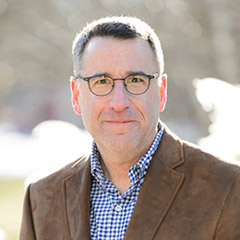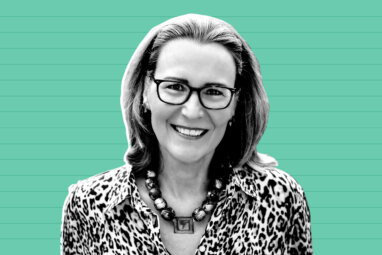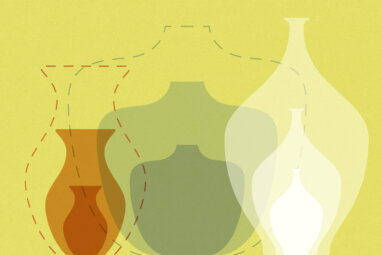A Platform Greater Than Facebook

Topics
Column
At MIT SMR, we have published — and will continue to publish — volumes of content extolling the importance of digital transformation, with much of it focusing on the good that new technologies stand to deliver to both business and broader society. I, myself, am a techno-optimist. But there are also times when we need to step back, take stock, and seize just a bit more control over how our world is evolving.
Lately, many of us have been suffering a period of particular disquiet. Even by recent standards, the wave of technological and political disorder in 2018 has been unnerving, as disruptions in one arena feed turmoil in others.
How we choose to live our own lives is at stake as well. We have become public citizens almost by force at the same time that our trust in public institutions plummets. Our details are for sale — and we don’t know to whom. We find ourselves looking for answers and action, some sense of order to be brought to bear. Yet we are not certain from whom we expect this. It’s all gotten very personal.
Now, take a breath and consider for a moment whether a vast swath of the world’s population hasn’t been experiencing a more extreme version of this lack of agency their whole lives.
So, let’s agree to do something positive. There is a change necessary today that only humans can bring about, one in which we are not the forced reactors to technological advancement and political discord but the architects of our own platform.
Most of you reading this have influence. I encourage you to use it — within your organizations and your communities. Lobby for sound, sustainable policy that creates broadly felt value. Demand that your companies look around the bend. Plenty of lip service has been paid to the need for leaders to stop managing for quarterly results. Let’s choose now to act on that call. Dare to sacrifice a dividend for a development initiative, one that eyes the challenges of the years ahead, not just the weeks. Your shareholders are ready to hear your case.
Yes, there’s a platform greater than Facebook, and there are ecosystems greater than Google. And we have not been tending to our biggest platform and most important ecosystems with appropriate care. Let’s get back to taking the long view and embrace the huge challenge of harnessing technology to create a wealthier society, not just wealthier companies and individuals.
We need to look out for each other. We humans have done this before.






Comments (2)
Rhys Gambling
Michael Elling